If you’ve ever seen some goofball driving around with a drink cup or other item on their car roof, that might’ve been me. (Sorry if that was your red Mini Cooper my coffee landed on, by the way.) I never understood why I can recall things like the Latin names of every tree species that grows in the Northeast, yet still forget my wallet on the kitchen table sometimes, and invariably forget to pack a toothbrush in my overnight bag.
Maybe I should take comfort in the fact I’m not as forgetful as gray squirrels, who lose most of the nuts they bury; or goldfish, which are well-known to have a three-second memory; or birds, with their poorly formed bird-brains.
Except, none of those “facts” are true. Although humans have the longest memory of any animal, dolphins, dogs, primates, parrots, and a lot of other species have impressive recall, too.
In his book How to Attract a Wombat, humorist Will Cuppy summed up my former impression of gray squirrels: “Squirrels have been criticized for hiding nuts in various places for future use and then forgetting the places. Well, squirrels do not bother with minor details like that. They have other things on their mind, such as hiding more nuts where they can’t find them.” This was a prevalent view until 1991, when a University of California at Berkeley study disproved it.
Far from being scatterbrained, gray squirrels are scatter hoarders, caching nuts and acorns far and wide. Jays and related corvids do this as well, but red squirrels and most other squirrel species store food in large caches. Scatter hoarding ensures that if a competitor finds a hiding spot, only one meal is lost.
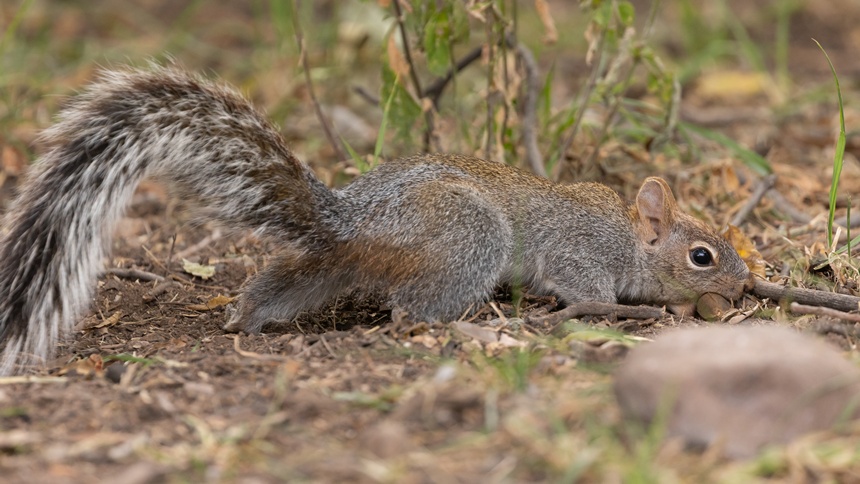
According to the study’s authors, not only do gray squirrels hide food all over, they dig up each item at least five times and hide it elsewhere in a bid to fool watchful, hungry critters. The frenetic fluff-balls even fake some caches, digging holes and filling them without leaving food. Even with all that, their recovery rate is about 90 percent. Sure, they miss some, but oaks, walnuts, and other nut trees would disappear without scatter-hoarders like the gray squirrel.
In her song “Little Plastic Castle,” recording artist Ani DiFranco compares herself to forgetful goldfish that are surprised every time they swim a lap and bump into the same gaudy aquarium kitsch. Well, it turns out the poor goldfish are likely bored with the scenery, which they remember all too well.
The reason that fish in general were believed to have no memory is that their brains lack a hippocampus. And also, we kinda forgot that fish aren’t human. Although in people, a single memory is stored in many areas across the brain, our hippocampus is essential in forming new ones. People whose hippocampus is damaged through injury or cancer have normal memories of the past, but can’t recall new events beyond a few seconds. Since fish lack this structure, we figured they had a parallel block to new memory formation. But no one bothered to check until recently.
An April 2024 article in Discover magazine details many recent studies on goldfish cognition. Apparently, goldfish are great at recalling the layout of new environments (especially a new glass bowl, I’d wager). They even recognize human faces, and some have learned how to operate a robotic car. I assume they don’t leave anything on its roof before zooming away.
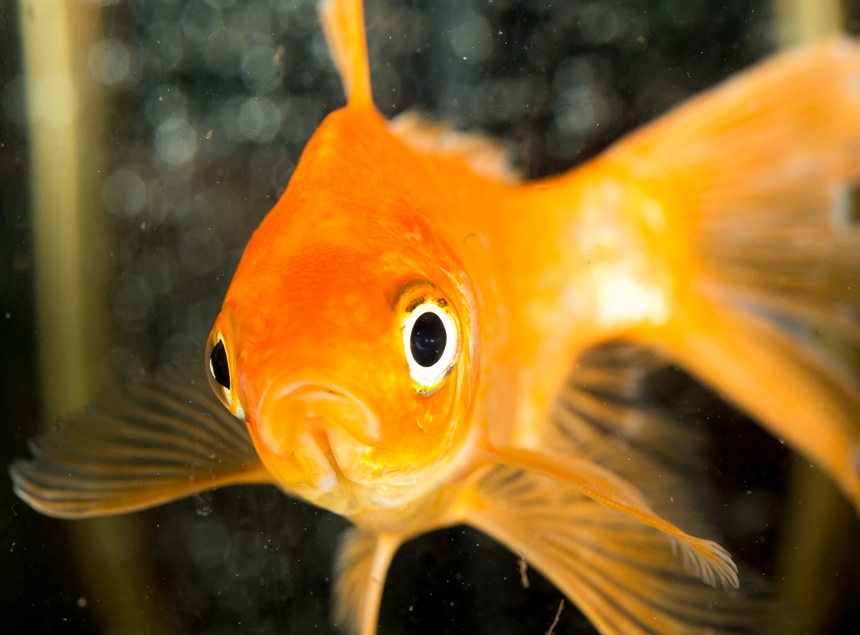
Some insults are going the way of the passenger pigeon: In my time, being called a bird-brain was an affront. Now, it’s something I aspire to. Humans, whales, elephants, and other big, intelligent mammals need large brains because a lot of gray matter is dedicated to moving their bodies around. Bird brains are tiny, but powerful. It’s sort of like we’ve been comparing bulky vacuum-tube computers to microprocessors, and deeming them shoddy based on size.
The mountain chickadee is a poster child for outstanding memory. During long mountain winters, this cute-as-a-button bird, a mere five inches long and weighing less than half an ounce, remembers the location of tens of thousands of individual seeds (and some bugs) it stashed during summer and fall. Some items are cached in the ground, but most are wedged behind loose tree bark, which you have to admit looks pretty uniform.
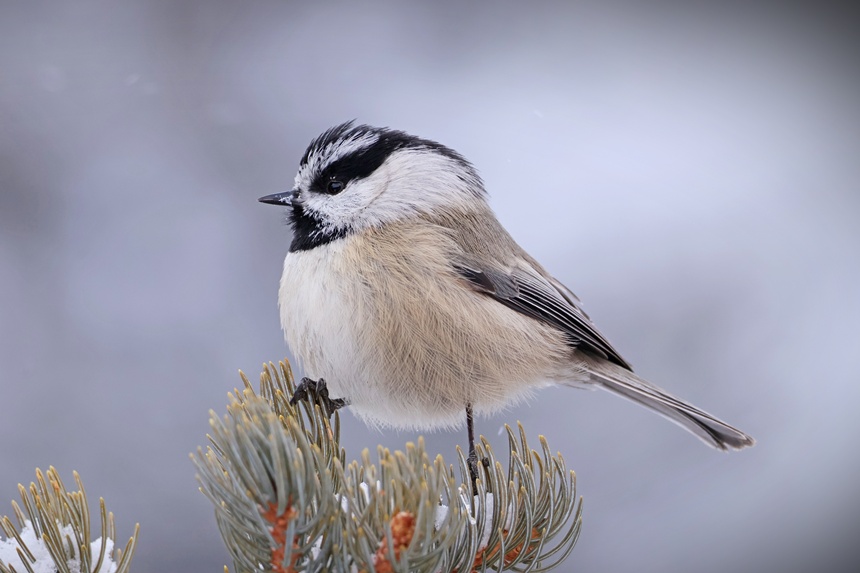
But while the mountain chickadee uses its brain to count to roughly 60,000 each winter, the American crow employs its noggin to, well, stay mad for decades. In 2024, University of Washington ornithologist John Marzluff published the results of a study on crow resentment that he initiated in 2006.
The Crow Whisperer (Uploaded to YouTube by UW Video)
He began by trapping and banding seven crows on campus while wearing a “fearsome” mask. Every few months, he or an assistant donned the mask and strolled about campus (hopefully with a security escort), along with spotters who documented the scores of crows that mobbed the mask-wearer. After seventeen years, the last original banded crow died, and crows on campus stopped reacting to the mask.
Malachy McCourt one said, “Resentment is like taking poison and waiting for the other person to die.” Since we have the longest memories, it may be a worthy goal to forget our grudges. Perhaps those banded crows would’ve lived longer if they’d dropped theirs.
Become a Saturday Evening Post member and enjoy unlimited access. Subscribe now


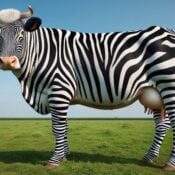
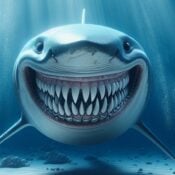
Comments
Animals are the frontier of immense knowledge, yet to be discovered so they can be understood. This article shows how much has already been learned about the minds and memory abilities of squirrels, crows and even goldfish. The mountain chickadee is interesting too. But the crows are really amazing. They carry in their DNA, the last link
to extinct pre-historic flying birds. Who would have thought they could be a good pet, but here we learn they can be, and are.
Tech needs to focus on the greater good for animals and people both for understanding and medical breakthroughs, not on garbage turning minds to mush, being in cars causing accidents, and making life harder.